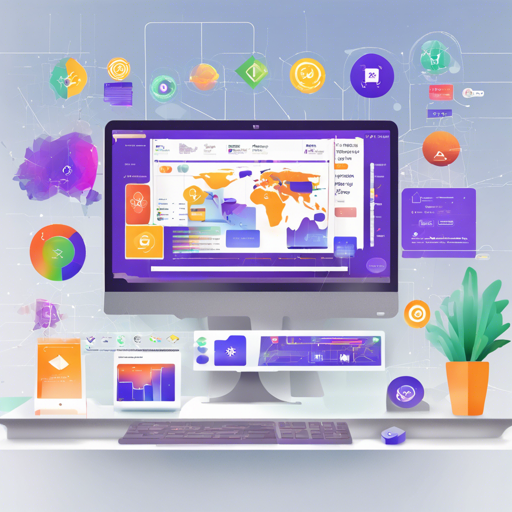Welcome to the world of Uniswap—a decentralized exchange protocol for Ethereum tokens. Uniswap Labs provides an open-source repository that serves as the core hub for all things related to Uniswap front-end interfaces. In this article, we will explore how to access these interfaces, engage with the community, and troubleshoot common issues, all while delivering user-friendly guidance.
Understanding the Interfaces
The Uniswap ecosystem has multiple interfaces tailored for different needs. Here’s a quick breakdown of the main interfaces you can engage with:
- Web Interface: Access it directly through app.uniswap.org.
- Wallet Interface: Available as a mobile app and browser extension, visit wallet.uniswap.org.
Engaging with the Community
Communication is key for collaboration and community support. You can follow and interact with Uniswap on various social platforms:
- Twitter: Follow @Uniswap
- Reddit: Join the discussions at r/Uniswap
- Email: Contact via contact@uniswap.org
- Discord: Join the Uniswap community here.
Accessing Documentation and Whitepapers
To deepen your understanding of Uniswap, you may want to check out the following resources:
- Website: Visit uniswap.org
- Documentation: Read the available docs at docs.uniswap.org
- Whitepapers:
How to Use Applications
For detailed instructions specific to each application or package, visit the relevant README files published for the respective applications:
Releases and Updates
All releases for the interfaces are tagged and available in the Uniswap GitHub repository. You can easily browse them by visiting the Github releases tab.
Handling Translations
Uniswap values inclusivity, which is why translations for applications are handled through crowdin. You can support and check the coverage of translations for various applications.
Directory Structure Explained
Understanding the layout of the Uniswap repository is akin to navigating a library where each section serves a different purpose. Here’s how the structure breaks down:
- apps: This is like the front desk, housing each standalone application you can use.
- config: Think of this as the blueprints that shape the library, containing shared infrastructure packages and configurations.
- packages: Much like the collection of reference books, these include shared code packages that cover user interface, shared functionality, and utilities.
Troubleshooting Common Issues
While using Uniswap’s interfaces, you may encounter some common issues. Here are a few troubleshooting tips to help you get back on track:
- Check if the application is up-to-date. Ensure you are using the latest version available.
- Clear your browser cache if you experience problems accessing the web interface.
- If you face connectivity issues, verify your internet connection.
- For any bugs or reporting issues, you can reach out to the community via Discord or Twitter.
For more insights, updates, or to collaborate on AI development projects, stay connected with fxis.ai.
Conclusion
At fxis.ai, we believe that such advancements are crucial for the future of AI, as they enable more comprehensive and effective solutions. Our team is continually exploring new methodologies to push the envelope in artificial intelligence, ensuring that our clients benefit from the latest technological innovations.

